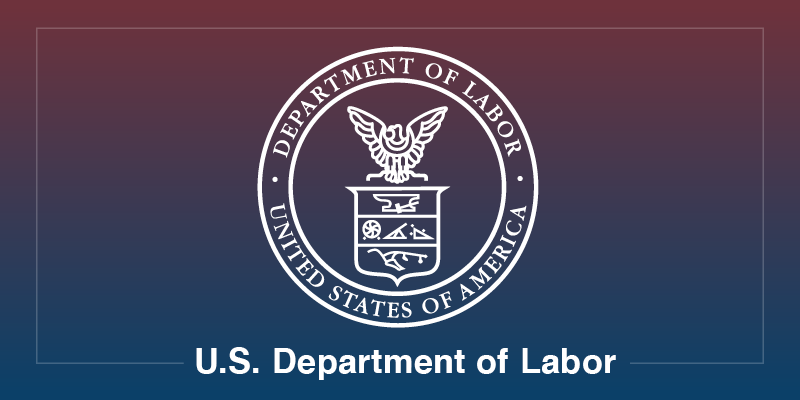
Fair Labor Standards Act (FLSA)
The FLSA establishes minimum wage, overtime pay, recordkeeping, and child labor standards affecting most full-time and part-time workers in the private sector and in federal, state, and local governments.
- WHD FLSA page
- Minimum Wage: Generally, employers must pay most employees the federal minimum wage for all hours worked.
- Overtime: Overtime pay must be at a rate of at least one and one-half times the regular rate of pay for all hours worked over 40 in a workweek.
- Hours Worked: Hours worked cover all the time performing activities that are part of the employee’s job, including all the time during which an employee is required to be on duty, or on the employer’s premises, or at any prescribed place of work.
- Recordkeeping: Employers must keep employee time and payroll records.
- Poster: Employers must also display an official poster outlining the requirements of the FLSA.
Child Labor
Federal child labor laws were enacted to ensure that when young people work, the work is safe and does not jeopardize their health, well-being, or educational opportunities. (These provisions also provide limited exemptions.)
- WHD Child Labor page
- YouthRules!: Describes the requirements of the child labor laws as they relate to teens, parents, educators, and employers.
- Child Labor Bulletin No. 101: Describes the occupational requirements for nonagricultural employment.
- Child Labor Bulletin No. 102: Describes the occupational and hours limitations for agricultural employment for minors.
- State Child Labor Laws: Links to state employment laws that also regulate the employment of young workers.
Family and Medical Leave Act (FMLA)
Covered employers must grant eligible employees up to a total of 12 workweeks of unpaid job-protected leave during any 12-month period for the following reasons:
- The birth and care of the newborn child of the employee.
- The placement with the employee of a son or daughter for adoption or foster care.
- To care for an immediate family member (spouse, child, or parent) with a serious health condition.
- To take medical leave when the employee is unable to work because of a serious health condition.
- Any qualifying exigency arising out of the fact that a spouse, son, daughter, or parent is a military member on covered active duty or call to covered active duty status.
Employees may take up to 26 workweeks of leave during a single 12-month period to care for a covered servicemember with a serious injury or illness if the eligible employee is the servicemember’s spouse, son, daughter, parent, or next of kin.
FMLA resources
- WHD FMLA page
- The Employer’s Guide to the Family and Medical Leave Act provides essential information about the FMLA, including information about employers’ obligations under the law and the options available to them in administering leave under the FMLA. The Guide is organized to correspond to the order of events from an employee’s leave request to restoration of the employee to the same or equivalent job at the end of the employee’s FMLA leave. It also includes a topical index for ease of use.
- The Family and Medical Leave Act (FMLA) Advisor can help identify which employers are covered by the law, which employees are eligible for FMLA leave, what entitlements and benefits are provided under the law, and in what situations FMLA leave may be used.
- The Family and Medical Leave Act Poster: All covered employers are required to display and keep displayed this poster. The poster must be displayed in a conspicuous place where employees and applicants for employment can see it. A poster must be displayed in all locations even if there are no eligible employees. The Family and Medical Leave Act Poster is also available in Spanish .
All Wage and Hour Laws and Regulations
